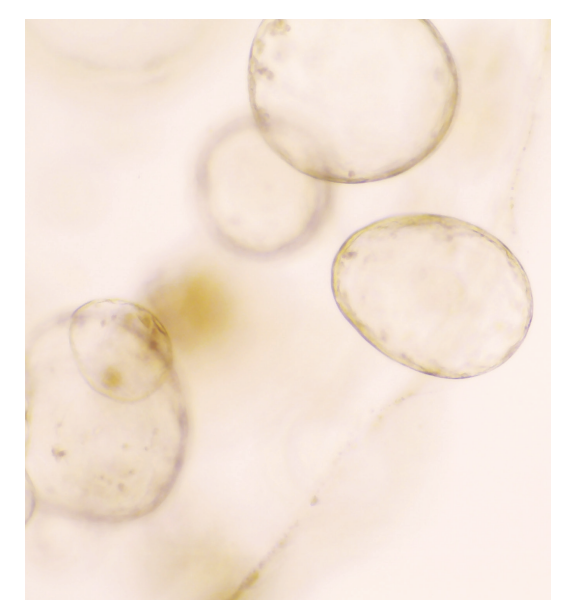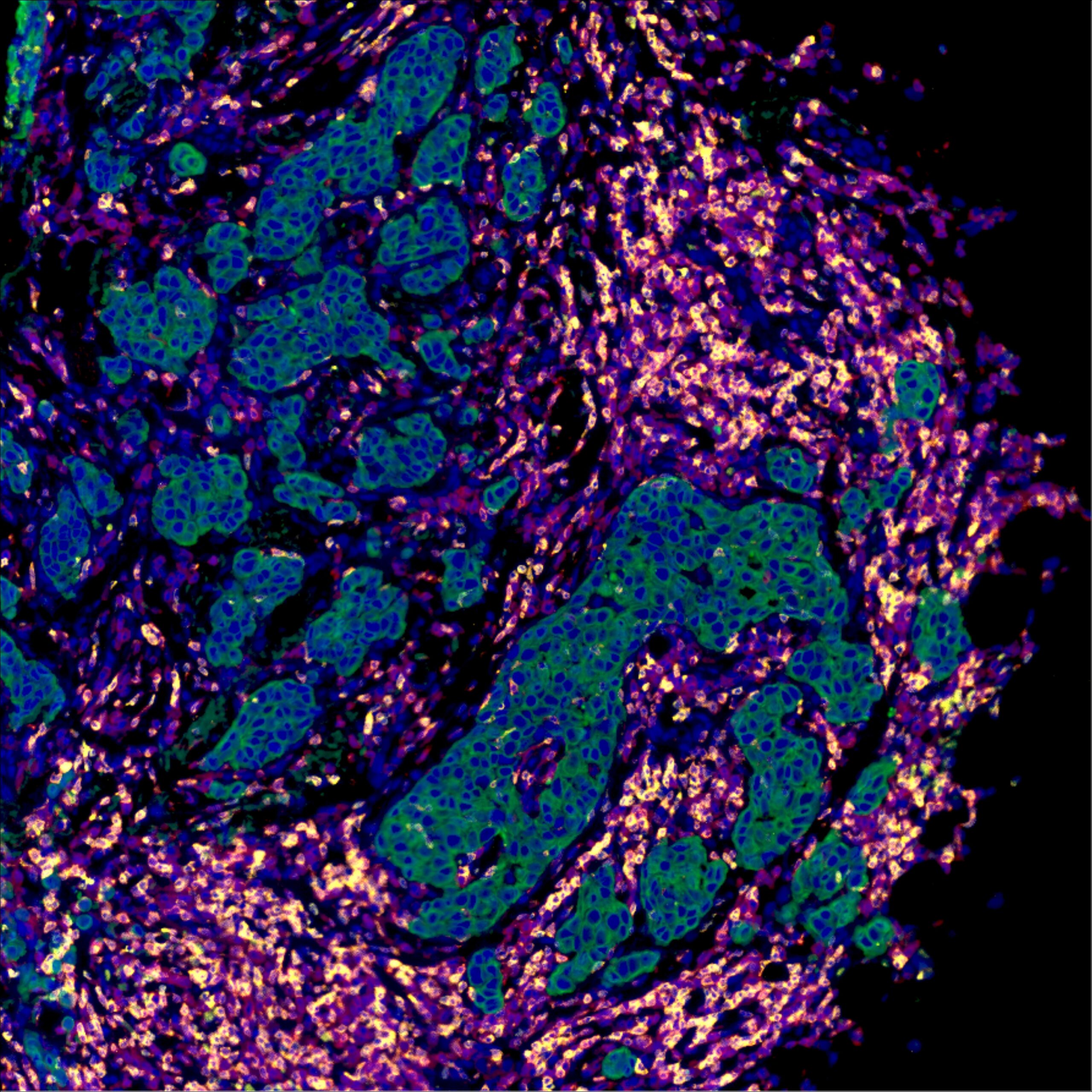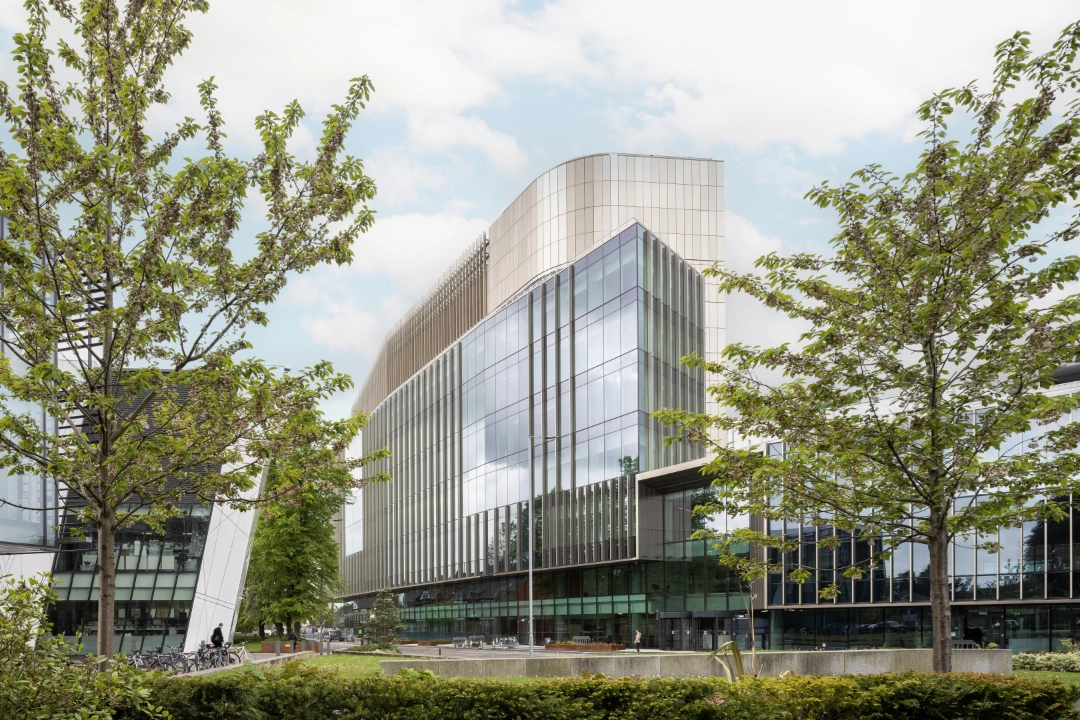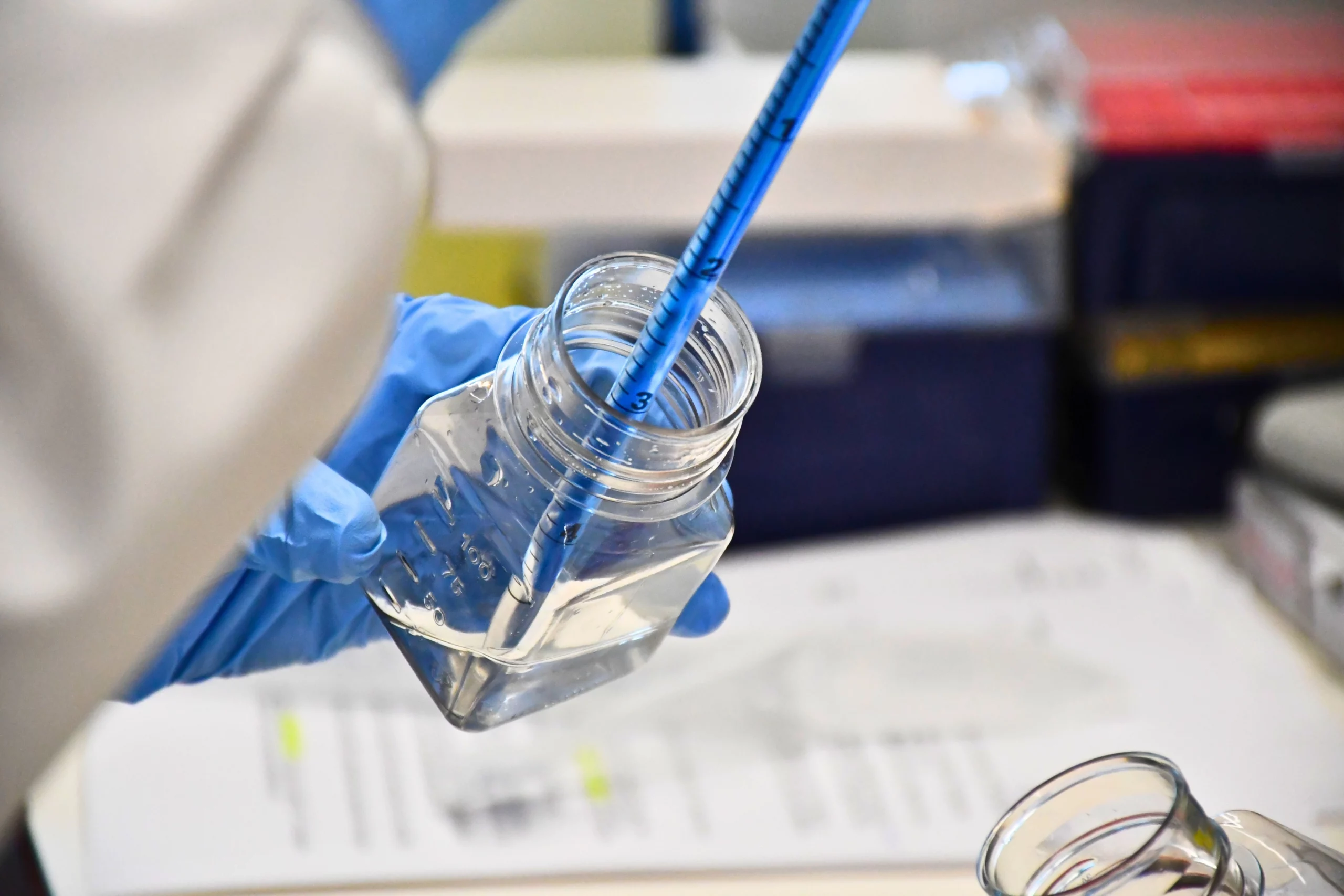Key Details
About the role
Immunotherapy has revolutionised survival outcomes for cancer patients across different malignancies but only a minority of patients respond. Biomarkers that can reliably distinguish responders from non-responders, predict treatment-induced toxicities, or rationalise treatment choices are lacking.
To address these clinical unmet needs, the Cancer Inflammation and Immunity group at CRUK Manchester Institute (CRUK MI) led by Santiago Zelenay and the CRUK National Biomarker Centre (CRUK NBC) led by Caroline Dive have established a pioneering patient derived tumour fragment (PDTF) platform building on the ground-breaking work of collaborators at The Netherlands Cancer Institute (Voabil et al. 2021, Nature Medicine, Roelofsen et al. START Protocols, 2023). We are using PDTFs as ex vivo patient avatars to test rational therapeutic approaches within standard of care treatment options to predict efficacy.
We are seeking to recruit a highly motivated immunologist with computational skills to join the patient derived tumour fragment (PDTF) platform team within the context of a government-funded MANIFEST (Multi-omic ANalysis of Immunotherapy Features Evidencing Success and Toxicity) consortium (Lim et al, Cancer Discovery, 2025), a tumor type-agnostic platform to provide deep profiling of patients receiving immunotherapy.
About you
You should have a BSc degree or equivalent in biological sciences or a related subject (or equivalent relevant experience), together with knowledge and significant experience working in immunology research. Experience in computational analysis of multiparametric data, immune profiling approaches along with a strong work ethic, and motivation to succeed are essential.
You will be comfortable working in fast-paced environments and able to adapt to the changing needs of a dynamic research project. You will have and further develop computationally biology skills to undertake comprehensive data analysis and integration of multi-omic datasets generated in the context of the patient derived tumour fragment (PDTF) platform team. You will work together with members of the PDTF team and the Cancer Inflammation and Immunology group, in collaboration with the Computational Biology Support Core facility at the Cancer Research UK Manchester Institute, and the Bioinformatics and Biostatistics team at the Cancer Research UK National Biomarker Centre and the wide network of scientist, computational biologists and clinicians within the MANIFEST consortium. This is an exciting opportunity to work on a cutting-edge clinically relevant platform learning from, and training, a highly dynamic and collaborative team of PhD students, Clinical Fellows, Postdocs, Scientific Officers and Computational Biologists.
How to apply
To apply for this position please complete the online application by clicking the ‘Apply Now’ button to visit our secure job application site. Please ensure you detail the names of two referees and ensure you submit your application before the closing date specified.
Please note this vacancy will close for applications at 11:59pm on the closing date specified.
Contact us for further information
Benefits
Find out how contributions to the Institute are recognised with a generous benefits package
Wellbeing
Our mission is to promote and enhance wellbeing through the development of a proactive and enabling culture.
Equality, Diversity and Inclusion
Read about our commitment to creating an environment where diversity is celebrated and everyone is treated fairly

Personal Development
To enable you to excel in your role and continue to develop, we offer a variety of training and support opportunities
Our Research
Our research spans the whole spectrum of cancer research from cell biology through to translational and clinical studies
Research Groups
Our research groups study many fundamental questions of cancer biology and treatment
Our Facilities
The Institute has outstanding core facilities that offer cutting edge instruments and tailored services from expert staff
Latest News & Updates
Find out all our latest news
Why choose Cancer Research UK Manchester Institute?
The Cancer Research UK Manchester Institute, an Institute of The University of Manchester, is a world-leading centre for excellence in cancer research. The Institute is core funded by Cancer Research UK (www.cancerresearchuk.org),
the largest independent cancer research organisation in the world.
We are partnered with The Christie NHS Foundation Trust, one of the largest cancer treatment centres in Europe, which is located adjacent to the CRUK MI Manchester Institute in South Manchester. These factors combine to provide an exceptional environment in which to pursue basic, translational and clinical research programmes.
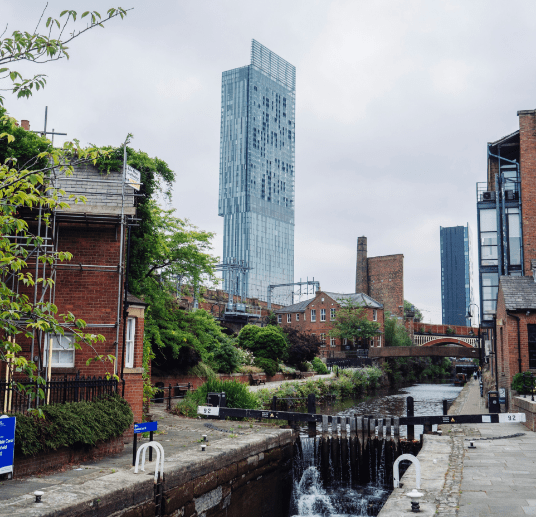
Careers that have a lasting impact on cancer research and patient care
We are always on the lookout for talented and motivated people to join us. Whether your background is in biological or chemical sciences, mathematics or finance, computer science or logistics, use the links below to see roles across the Institute in our core facilities, operations teams, research groups, and studentships within our exceptional graduate programme.



